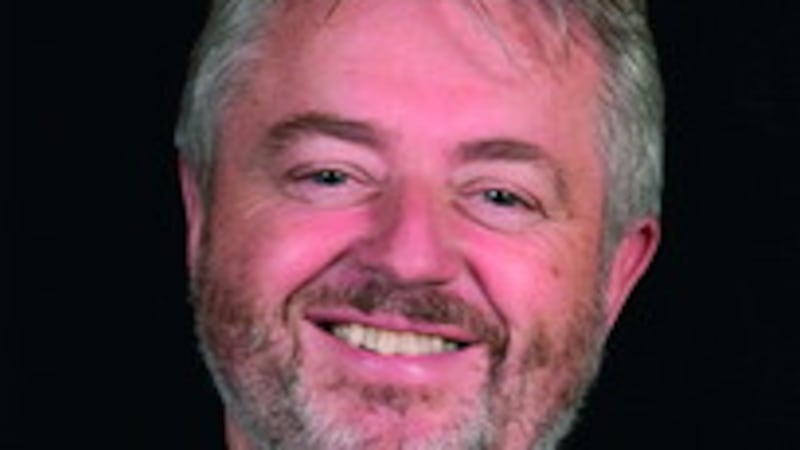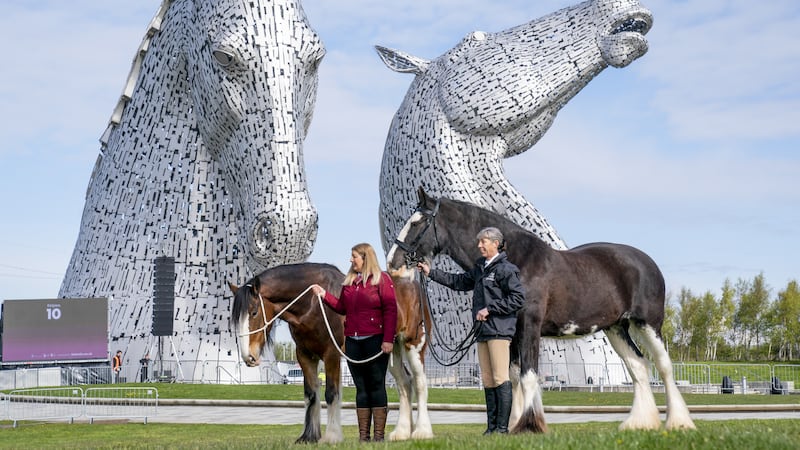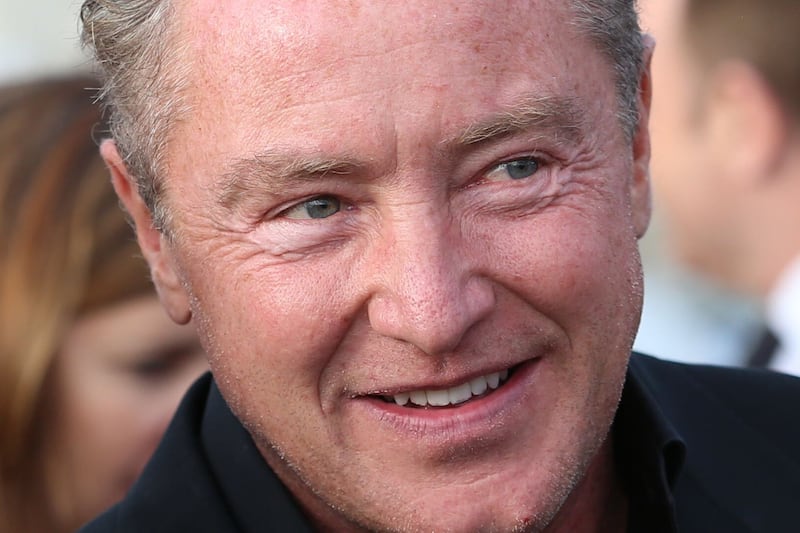One of Ireland’s most famous and influential composers, Bill Whelan's seven-minute composition, which was performed during the interval of the 1994 Eurovision Song Contest at Dublin’s Point Theatre, was a watershed moment in the cultural history of Ireland.
“On the night of the performance itself, I had a huge mix of emotions — apprehension, anxiety, pride, joy. It was all there,” recalls the 73-year-old, speaking to me from his Dublin studio via Zoom.
Riverdance, the show, went on to win Whelan a Grammy for Best Musical Show Album in 1997 and capture the imagination of audiences all over the world.
It was a moment 45 years in the making for its composer – as he documents in his memoir, The Road to Riverdance.
As he says in the prologue, it was the result of ‘meticulous months-long prep, decades of experimentation in Irish music, and technique and prowess in Irish dance and centuries of Irish culture’.
“To some people, it might have seemed like it all happened in one seven minute piece, but there was a lot of travel before we got there.
“My work with Eastern European music, Spanish music, jazz, theatre and my choral work all contributed to me developing a compositional style.”
Read more:
Tyrone Riverdance star Amy-Mae Dolan on dancing
And what does he believe to be the secret to Riverdance’s success?
“I wanted to create music that would sound Irish, but would be rhythmically challenging for the dancers.
“However, what I believe excited people about Riverdance, was not only that it was a new way of hearing Irish music, but a new way of seeing it – with the dancers performing theatrically, facing an audience.”
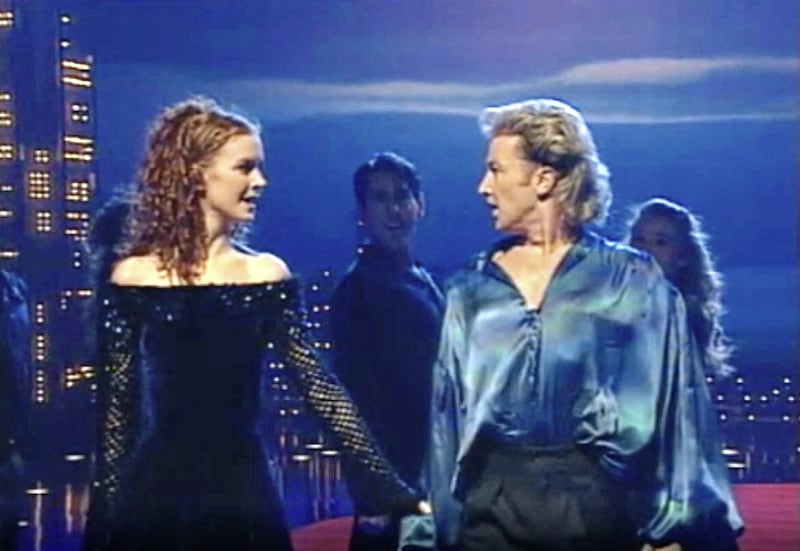
Limerick-born Whelan’s memoir also gives an insight into the background of his family and the early musical influences upon his life.
Many will be surprised to know that he studied law – not music – at University College Dublin (UCD).
“I passed the bar exams as well, but I never practised. I was already working as a musician when I was doing my final law exams and I wasn’t going to be diverted,” he says resolutely.
It was at UCD that Bill met his wife-to-be, Denise.
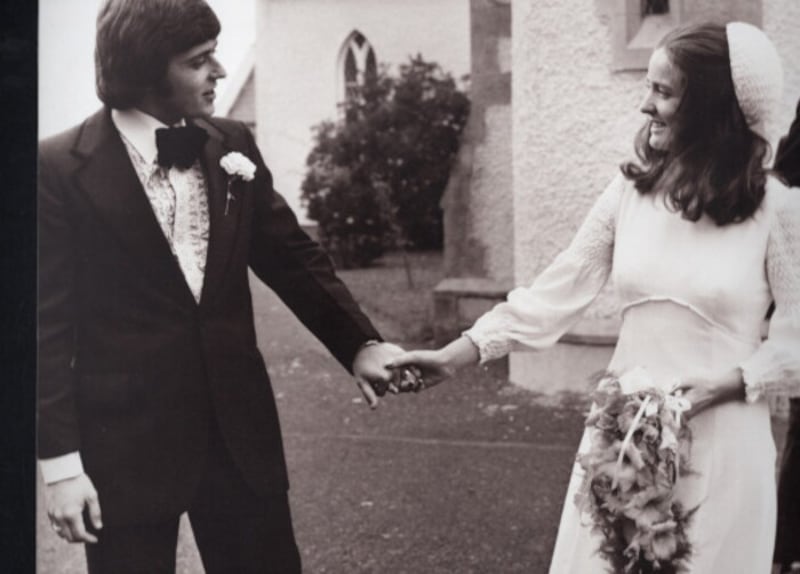
“We were in and out of the north as Denise worked in Belfast. She started work for Antrim County Council as a social worker on the day that internment was introduced and was the only social worker to work in Rathcoole at the time,” he says proudly.
The couple have maintained many friendships in the north and are looking forward to travelling to the Aspects Festival in Bangor, where Whelan will be discussing his memoir – in conversation with Belfast composer Neil Martin.
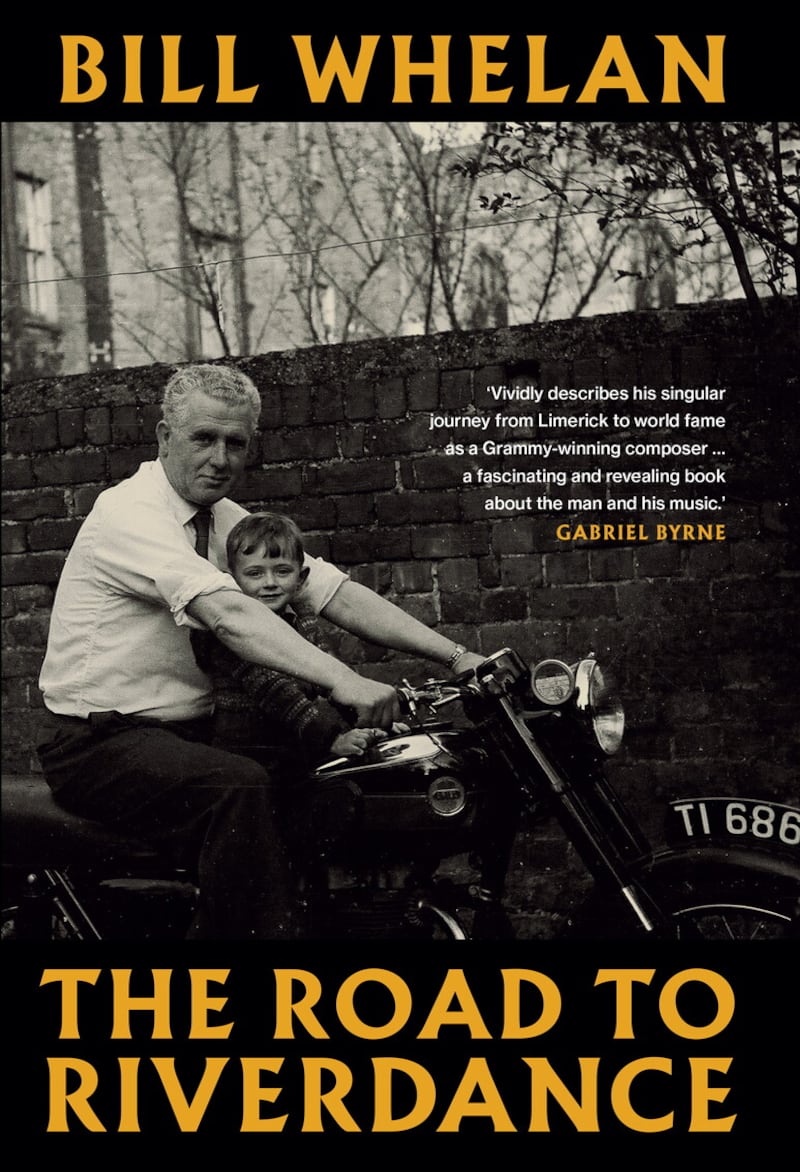
Whelan went on to play keyboards with the Irish folk band Planxty, but his interest lay in writing, producing and creating rather than performing.
His big break came when producing and arranging Johnny Logan’s Eurovision winning song What's Another Year in 1980. He later teamed up with Logan on Hold Me Now, which won the 1987 Eurovision Contest.
Whelan acknowledges that Eurovision is a very different entity now to when he was involved.
“Back in 1981 when Donal Lunny and I wrote Timedance as part of the Irish presentation of Eurovision, Christy Moore joked and said: “this is a song Donal and Bill wrote for The Eurovision Dressmaking Competition” and he kind of was right – that’s what Eurovision has become.
“We've been through Irish turkeys and those bizarre Swedish bands. It’s about presentation now, not the song.
“I served on the Eurovision jury for one year and you had to listen to 400 songs and choose the best. Then the singers would be chosen.”
Whelan’s production skills were soon in demand and he played an integral role in building up the illustrious Windmill Lane recording studios in Dublin.
He also played a small part in shaping Irish rock band U2’s destiny, working with them on their 1983 breakthrough album, War.
“I was the first person to record in Windmill Lane. In the late 70s and early 80s it was a hive of activity with film actors and television producers mixing with writers, composers and performers,” he recalls.
“In the midst of it all, U2 were making an album. I was friendly with them and we hung out together. One day, Paul McGuinness, their manager, asked if I would be interested in coming in and working on a couple of tracks with the band.”
It wasn’t just Irish acts that were utilising Whelan’s studio know-how. He worked on three Kate Bush albums, including Hounds of Love, which has gathered a whole new audience thanks to the use of its lead single, Running Up That Hill, in the Netflix series Stranger Things.
Whelan, whose film credits include Dancing At Lughansa and Some Mother’s Son, also worked with Van Morrison on the soundtrack to the Liam Neeson film Lamb, and in putting a band together for the Self Aid benefit concert in Dublin in 1986.
“As we all know, Van is not the average man-on-the-street. He's remarkably gifted and with a good deal of edges to him, but I really enjoyed working with him.
“We were rehearsing in RTE for about two days ahead of the Self Aid concert, and then on the third day he rose again and the king appeared among us," he chuckles.
“I will never forget the moment he opened his guitar and started singing. It was then I completely got Van Morrison.”
Father of four and grandfather of five, his son Brian, a graduate of Berklee College of Music, has followed in his footsteps and works alongside him.
Now spending his time between Dublin and his home in Connemara, he has a huge passion for sharing his lifetime of knowledge with young musicians.
And he is hugely encouraged by the “depth and breadth” of musical talent currently in Ireland - many of whom worked with him on the Riverdance 25th Anniversary: Music From The Show recording and the soundtrack to Riverdance – The Animated Adventure.
“There's a much more open approach to Irish music now. Sometimes, in cultural movements, you arrive at a point when people say, ‘that's it – no one is allowed to interact or interfere with this’.
“Last weekend, I was down listening to Martin Hayes. He plays Irish tunes, but in such a way that they haven't been heard before.
“It's that real creative interaction, mixed with a respect for our ancient tradition that is happening and is really encouraging,” adds Whelan, who is currently doing a project alongside Séamus and Caoimhe Uí Fhlatharta.
“They are a brother and sister from Connemara whose music and enthusiasm is so uplifting,” he enthuses.
Happily “working away” and not contemplating retirement, Whelan is also working on a large-scale choral performance piece that he hopes to have completed early next year.
What he won’t be doing is a sequel to Riverdance.
“There was always the desire by the producers to do Riverdance 2, but I always resisted that.
“I created the name and the piece. There was an energy that existed at that time that would be very hard to recreate.
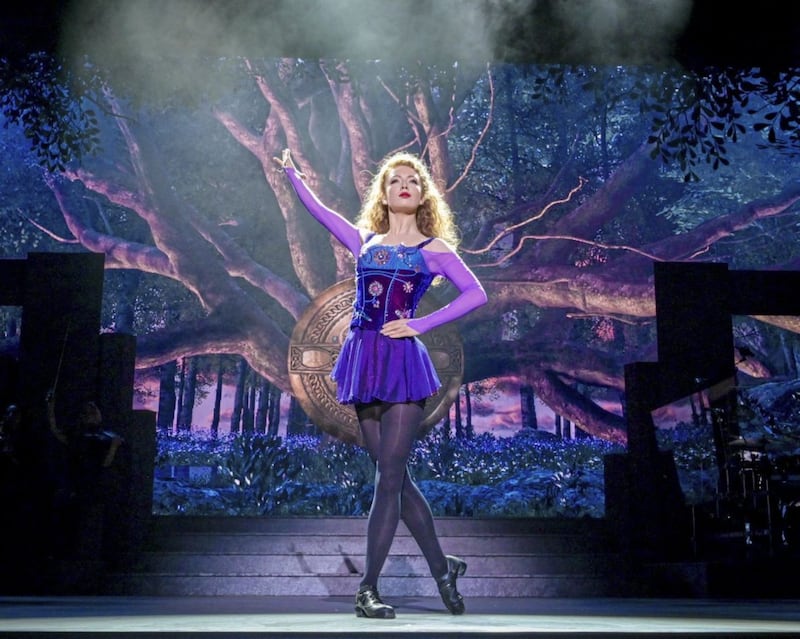
“The motivation of a sequel would have been to cash in. I didn't want to do that - and I think that instinct has been proved right by the fact that we are 27 years later and we are still filling theatres.”
The Road to Riverdance: Bill Whelan in conversation with Neil Martin will take place in The Chamber, Bangor Castle on Sunday October 1 at 8pm as part of The Aspects Festival. For booking and full programme, visit Aspectsfestival.com.
